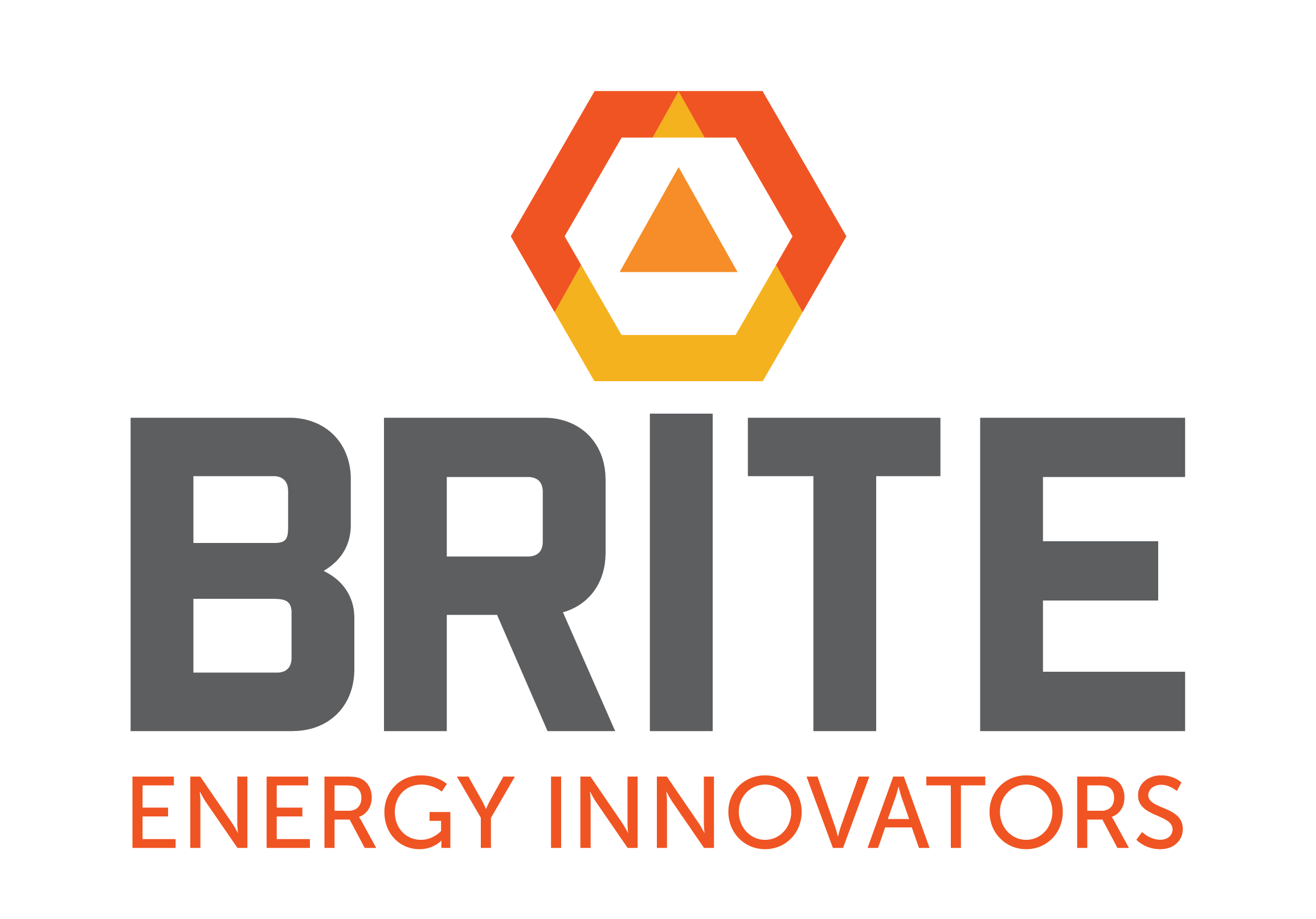The convergence of Artificial Intelligence (AI) and the fields of Electric Vehicles (EV)/Mobility and Energy Technology is poised to revolutionize the way we travel and power our world. AI’s ability to analyze vast amounts of data, optimize systems, and make intelligent decisions is unlocking unprecedented opportunities for innovation, efficiency, and sustainability. This article explores the significant impact of AI on EV/Mobility and Energy Tech sectors, highlighting key advancements, benefits, and future possibilities.
Intelligent Charging Infrastructure
AI is transforming the landscape of EV charging infrastructure. Smart charging stations, equipped with AI capabilities, can analyze factors such as power demand, grid load, and user behavior to optimize charging schedules and distribution. AI algorithms can dynamically manage charging capacity, balance energy loads, and predict peak demand periods, enabling more efficient and reliable charging networks while minimizing strain on the electricity grid.
Enhanced Energy Storage and Management
AI is playing a pivotal role in improving energy storage technologies. By analyzing data from renewable energy sources, grid conditions, and demand patterns, AI algorithms can optimize the performance and longevity of energy storage systems. AI enables predictive analytics, enabling accurate forecasts of energy generation and consumption, leading to better load management, reduced waste, and increased integration of renewable energy sources into the grid.
Intelligent Fleet Management and Routing
In the realm of mobility, AI is revolutionizing fleet management and routing systems for electric vehicles. AI-powered algorithms analyze real-time data, including traffic conditions, vehicle availability, and charging station locations, to optimize routes, reduce congestion, and minimize charging times. Fleet operators can leverage AI to maximize vehicle utilization, decrease maintenance costs, and enhance the overall efficiency of their operations.
Autonomous Vehicles and Safety
AI is a driving force behind the development of autonomous vehicles, promising to reshape the future of transportation. AI-powered sensors, cameras, and algorithms enable self-driving vehicles to perceive their surroundings, make real-time decisions, and navigate safely. AI enhances vehicle safety by detecting and responding to potential risks faster than human drivers, reducing accidents, and optimizing traffic flow.
Personalized Mobility Solutions
AI enables the development of personalized mobility solutions that cater to individual preferences and needs. By analyzing user data, including travel patterns, preferences, and historical behavior, AI algorithms can recommend optimized routes, transportation modes, and charging strategies. This level of personalization enhances user experiences, promotes sustainable travel choices, and increases overall adoption of EVs and sustainable mobility options.
Energy Efficiency and Demand Response
AI empowers energy tech companies to optimize energy consumption and deliver demand response solutions. AI algorithms analyze energy usage patterns, weather forecasts, and customer behavior to optimize energy efficiency in buildings, homes, and industrial settings. By dynamically adjusting energy usage, AI enables real-time load balancing, reduces energy waste, and enables the participation of consumers in demand response programs, contributing to grid stability and sustainability.
Advanced Predictive Maintenance
AI brings significant improvements to maintenance practices in EV/Mobility and Energy Tech sectors. By analyzing sensor data, performance metrics, and historical patterns, AI algorithms can predict maintenance needs, optimize maintenance schedules, and reduce downtime. This proactive approach to maintenance helps prevent costly equipment failures, enhances reliability, and improves overall system performance.
Conclusion
While AI’s impact on EV/Mobility and Energy Tech is promising, there are challenges to address. These include data privacy and security concerns, regulatory frameworks for autonomous vehicles, ethical considerations in AI decision-making, and the need for interoperability among various AI-enabled systems. Stakeholders must collaborate to address these challenges, ensuring the responsible and equitable integration of AI technologies.
Energy innovators who embrace AI gain a competitive edge by harnessing its transformative potential. With improved operational efficiency, enhanced decision-making capabilities, customer-centric solutions, grid optimization, accelerated innovation, and scalability, these innovators are well-positioned to navigate the evolving EV/Mobility and Energy Tech sectors, creating sustainable and profitable business models that cater to the demands of the future.





